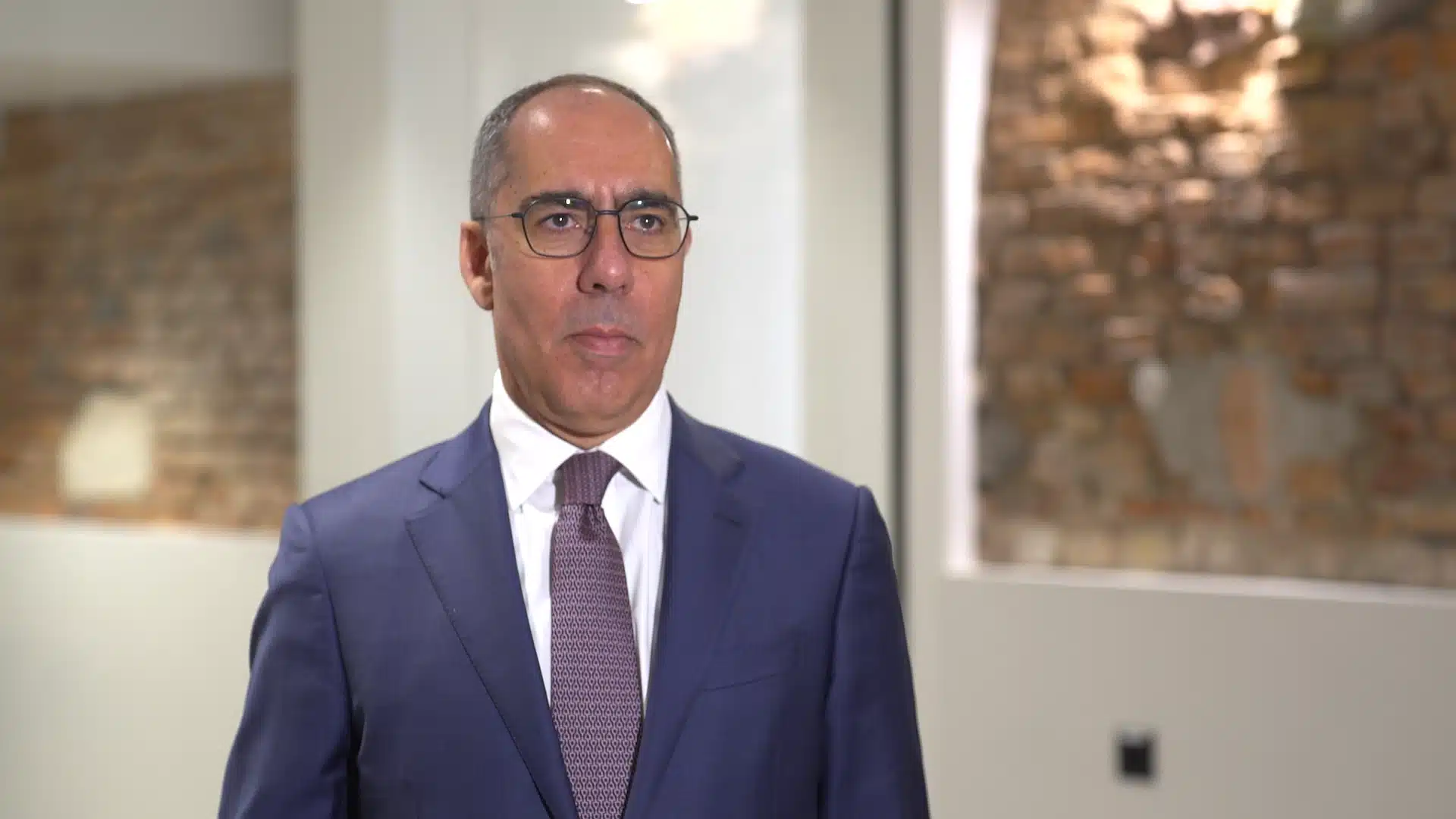Political and economic instability, increasing societal polarization, a cost-of-living crisis, a rising number of armed conflicts, and cyber risks linked to the development of artificial intelligence are identified as the major threats to business in this year’s “Global Risks Report 2024.” According to the report, concerns about the near and distant future remain dominated by climate and environmental risks. However, this year, these concerns have been overshadowed by the dangers of disinformation, aided by AI, which can fuel increasing social unrest. “This year, around 3 billion people globally will participate in elections, making it increasingly urgent to address this risk,” emphasizes Christos Adamantiadis, CEO of Marsh McLennan in Europe.
The “Global Risks Report” gathers expert opinions from over 1,500 decision-makers, policymakers, and business representatives worldwide on the constantly changing risk landscape across short- and long-term horizons. In the latest edition, climate risks, including pollution and extreme weather events, hold a significant position. “We see an urgent need to act quickly to address these risks,” says Adamantiadis in a conversation with Newseria Business.
From the latest edition of the “Global Risks Report 2024,” developed by the World Economic Forum, Marsh McLennan, and Zurich Insurance Group, it is evident that the forecasts for the near future are worsening. The risk landscape, both in the short and long term, has once again been dominated by climate and environmental risks. Two-thirds of respondents expect an increase in extreme weather events this year, driven by climate change. These phenomena, critical changes in Earth systems, biodiversity loss, ecosystem collapse, natural resource shortages, and environmental pollution are among the ten most serious threats the world will face in the coming decade.
Extreme weather events and pollution pose direct risks, and the impact of climate change has become undeniable. “We have all witnessed the effects of extreme weather events, and there is a growing awareness that some parts of the planet may become uninhabitable in the future. This underscores the urgent need to address environmental threats and find sustainable solutions,” states the CEO of Marsh McLennan in Europe.
However, this year’s “Global Risks Report” highlights risks related to disinformation, increasingly supported by AI, which experts have identified as the most significant threat to the world in the short term. Combined with increasing societal polarization and a cost-of-living crisis, it could intensify social unrest and pose a threat to upcoming elections in several major economies, including the USA and India.
“The use of artificial intelligence in disinformation and its potential impact on elections is a cause for concern. The legitimacy of elected governments could be questioned, leading to even greater societal polarization and even international conflict,” assesses Christos Adamantiadis. “Considering that about 3 billion people worldwide will participate in elections this year, the need to address this risk becomes increasingly urgent.”
Geopolitical tensions and armed conflicts are also high on the list of global threats in this year’s “Global Risks Report,” expected to be among the top five most pressing issues over the next two years. This period will also be marked by continued economic uncertainty and widening disparities in economic and technological development. Two-thirds of global experts and decision-makers anticipate that the next decade will see the emergence of a multipolar, fragmented world order, where medium and great powers will compete and establish new rules and norms. Importantly, the report indicates that global cooperation to address these urgent challenges may prove insufficient, necessitating a change in approach to threat issues and the development of new solutions.
“The findings of this year’s ‘Global Risks Report’ underscore the need for a comprehensive and proactive approach to risk management,” says the CEO of Marsh McLennan in Europe. “This includes conducting comprehensive risk assessments, engaging in scenario planning, building resilience, promoting cooperation, implementing innovations, and engaging stakeholders. In this way, organizations can effectively face the complex and interconnected challenges posed by poly-crises.”
Adamantiadis also highlights that the insurance industry has a significant role to play in managing new risks and changing approaches to them.
“Our role is to support clients in building resilience in their organizations and developing appropriate, comprehensive strategies so they can protect their enterprises from the various kinds of risk occurring around the world,” says Christos Adamantiadis.
